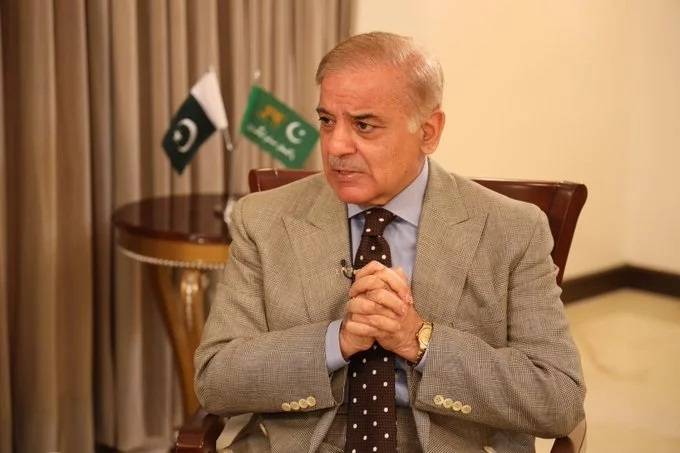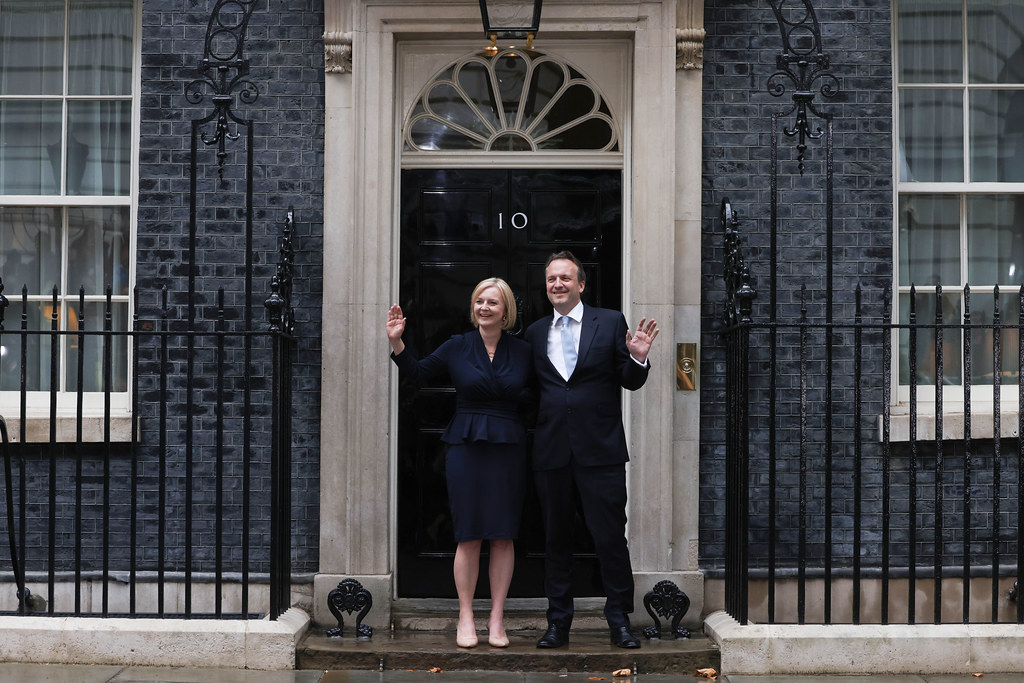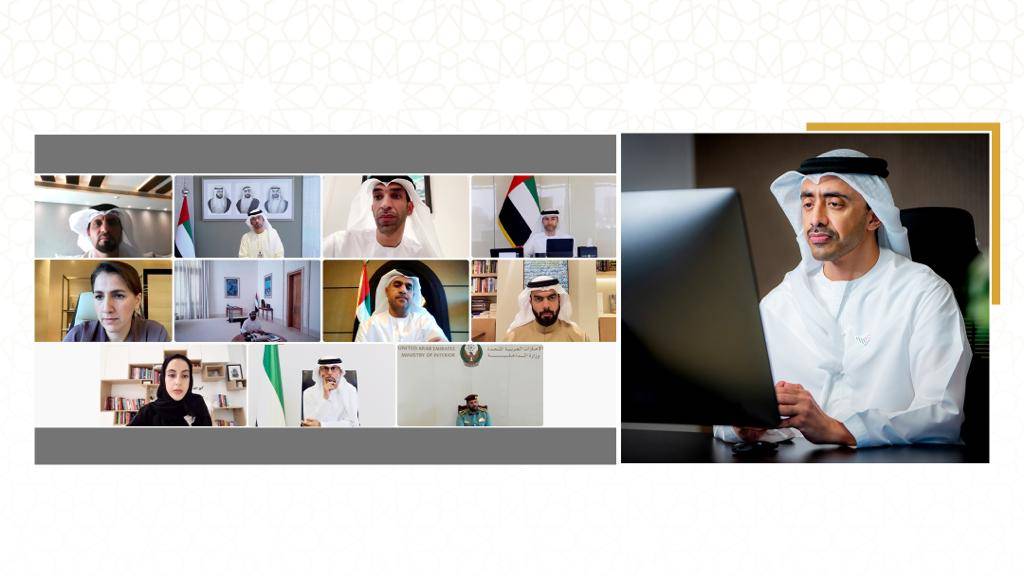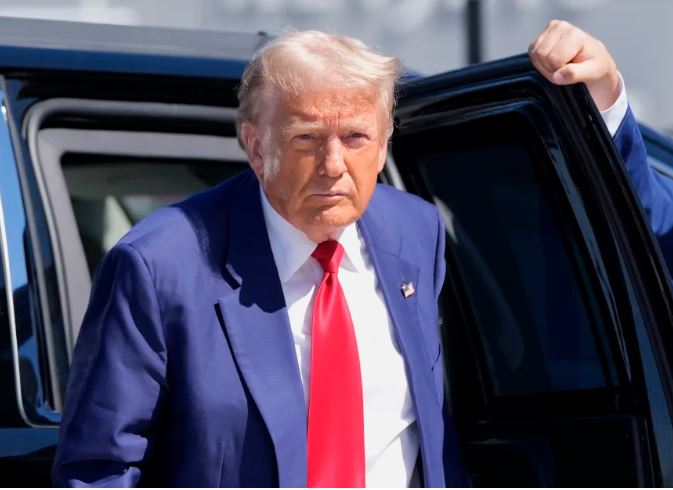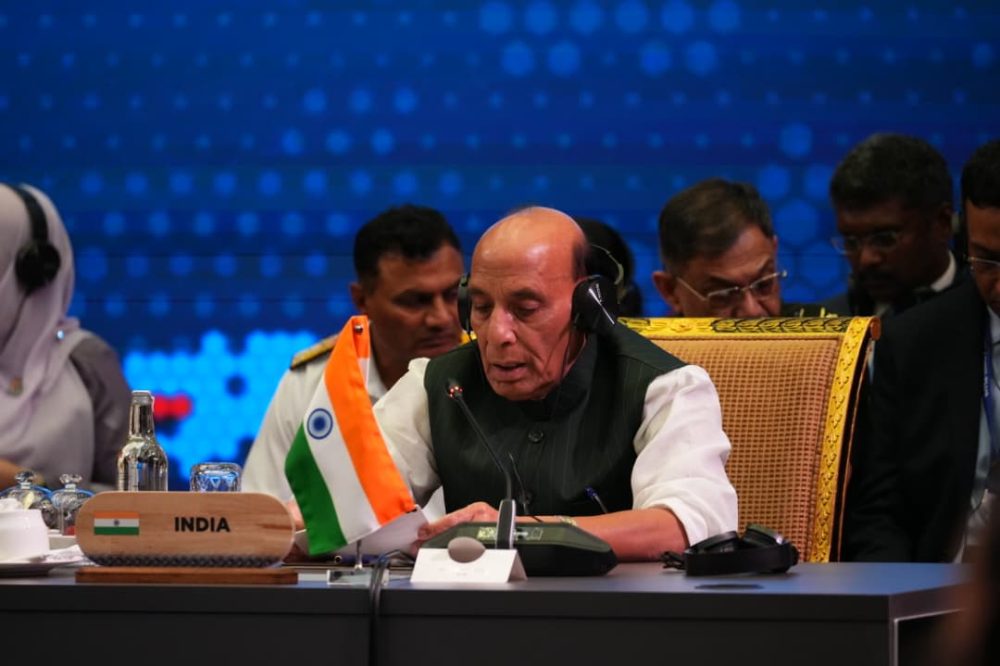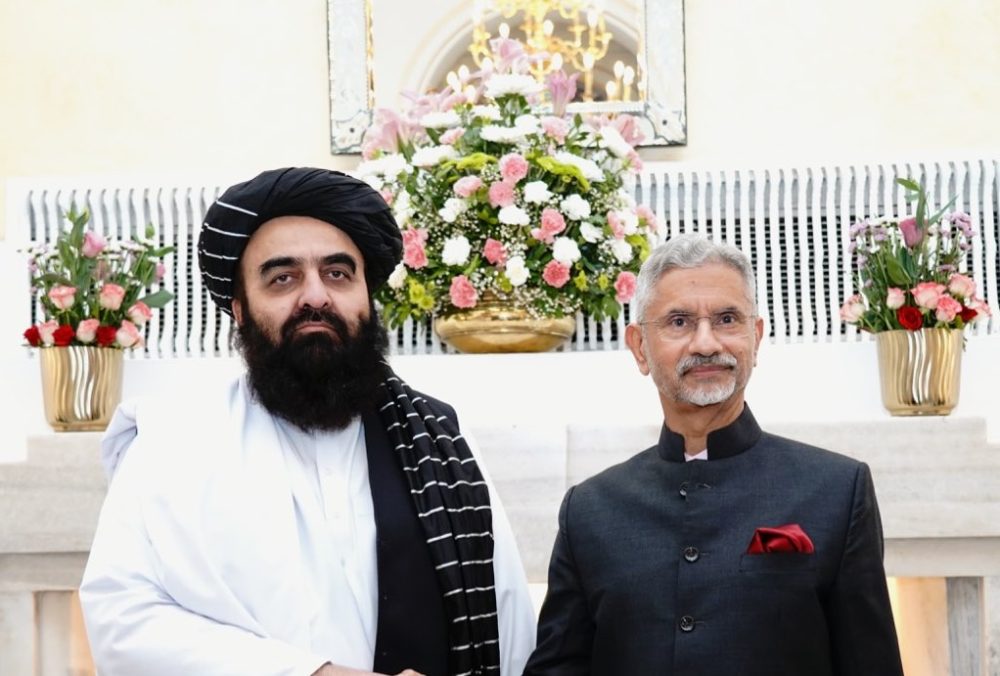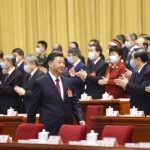Despite support from Saudi Arabia and IMF, Islamic Republic of Pakistan is in dire need of funds. The country has seen drying up of investment in recent time and it is facing an investment fatigue from traditional development partners mainly due to deteriorating business environment, mismanagement of the economy and political uncertainty. Today, it is exposed to both economic risks as well as political uncertainty … writes Dr Sakariya Kareem
There was initially a flicker of hope on August 29 for Pakistan as the Board of the International Monetary Fund (IMF) completed the combined seventh and eighth reviews under the Extended Fund Facility (EFF) for Pakistan, allowing the authorities to draw the equivalent of SDR 894 million ($1.1 billion). But now the floods have dampened the hope of a quick revival from the economic crisis. Recent floods in Pakistan have wiped out at least 18,000 sq km of agricultural land adding to skyrocketing inflation and a financial crisis. Pak Finance Minister estimated that the country’s floods could cause a loss of about $10 billion while other estimates put the loss in the range of $15-20 billion. In this scenario, IMF help would be inadequate.

Although the US Agency for International Development (USAID) has provided an additional $30 million and China promised RMB 100 million in humanitarian assistance, Pakistan needs more to keep its essential supplies and post-flood reconstruction.
Pakistan would need additional funding to buoy the sinking economy. For the ongoing fiscal year, the IMF estimated the need for an additional $4 billion in other financing commitments from development partners including from Qatar, China, Saudi Arabia, UAE and IFIs. Islamabad is expecting Riyadh to reload deposit money in Pakistan’s Central Bank before December, according to Finance Minister of Pakistan Miftah Ismail.
Although Saudi Arabia committed on August 27 to invest $1 billion in Pakistan, the UAE had offered to buy minority shares in publicly-listed government-owned enterprises instead of giving fresh loans as requested by Pakistan in June. Although Qatar initially seemed willing to invest in Pakistan, now it is showing some reservations.
With Qatar saying firm ‘No’ to a cash deposit of $2 billion with the State Bank of Pakistan, Islamabad faces new challenges in arranging finance for the gap left after the IMF assistance. Political instability and frequent change in policies with the changing government in Islamabad is making even a friendly country like Qatar firmly say ‘No’ to Pak’s request for cash deposits.
Islamabad is now looking for a Qatari investment of about $2 to 3 billion. However, they are worried about the current investment climate in Pakistan. The recent flooding further worsened the situation with disruption in local infrastructure destroying the domestic supply chains.
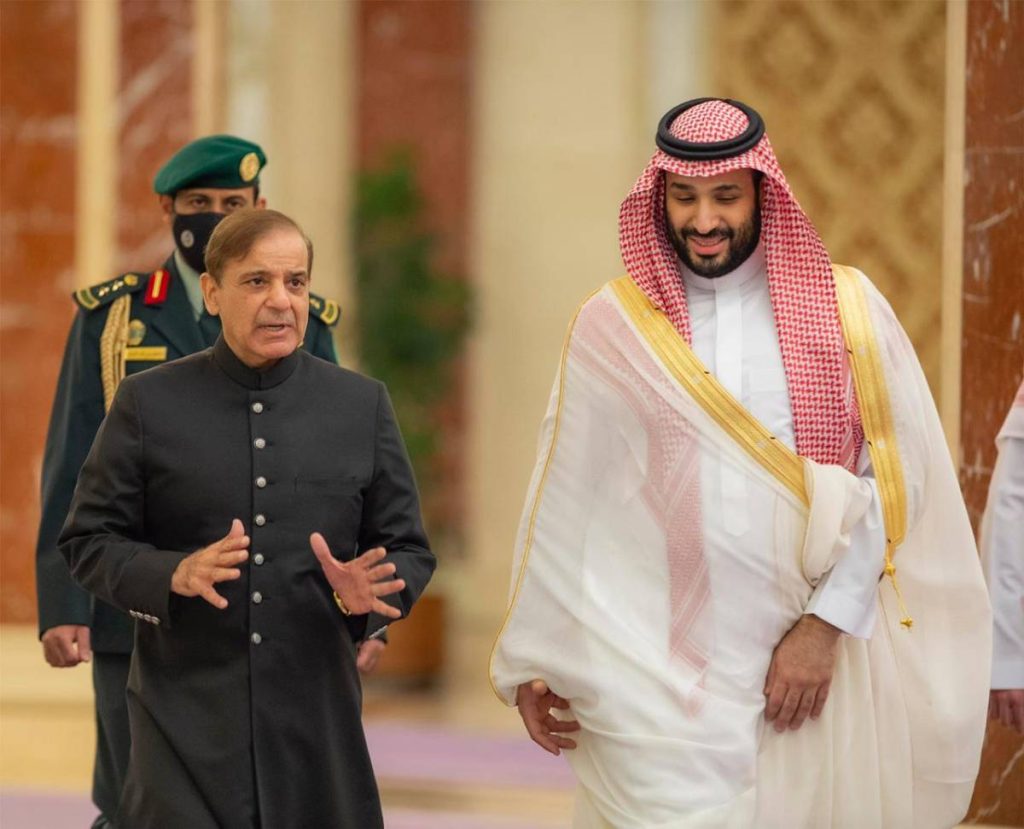
Qatar seeks protection and a fair return for their investments to cover all risks higher in Pakistan, keeping apart its mutual friendship. According to the media, Qatari investors are not keen to acquire Islamabad and Karachi Airports as their requirements are not fulfilled. Islamabad intends to lease only retail areas and real estate development in the airports, while Doha would agree to the proposal provided aeronautical income, which is a major part of the airport’s income, is included in the acquisition bid. This also shows the gloomy revenue earning prospects of Pak public assets.
Apart from the energy sector, it is highly unlikely that Pakistan would be able to attract Qatari investment in other areas. Observers point out that Qatar could only be attracted to invest in the next 3 to 6 months in Pakistan’s energy sector where it has an interest in selling gas. Islamabad is a growing buyer of LNG and has bought around 16 to 18 million tonnes of LNG in the last 5 years from Qatar. Islamabad’s recent indication to reduce the guaranteed return to 12% from 17% is also hurting the prospect of the proposed Qatari takeover of two LNG plants in Pakistan.
Pakistan has seen a drying up of investment in recent times and it is facing investment fatigue from traditional development partners mainly due to the deteriorating business environment, mismanagement of the economy and political uncertainty. Today, it is exposed to both economic risks as well as political uncertainty.
The country is facing a very high rate of inflation among other woes. Observers also point out that half the inflation is due to high markup, and high power and energy rates while half is due to weak government. There is no competition in the market instead, there are business cartels. A rudimentary business practice prevails while global norms and business ethics are ignored.
Further, no government in Pakistan would dare to confront any segment of businessmen, fearing backlash from the opposition that would support these businessmen just to create difficulties for the administrators. ‘Democracy the world over ensures fair and just culture, but not so in Pakistan’, comments an observer.
The laws are archaic and regulators have become toothless as most of their decisions are often challenged in superior courts deliberately and delayed for decades. Pakistan could improve its business environment by undertaking structural and institutional reforms. But for the time being, the will to do so is eluding.


